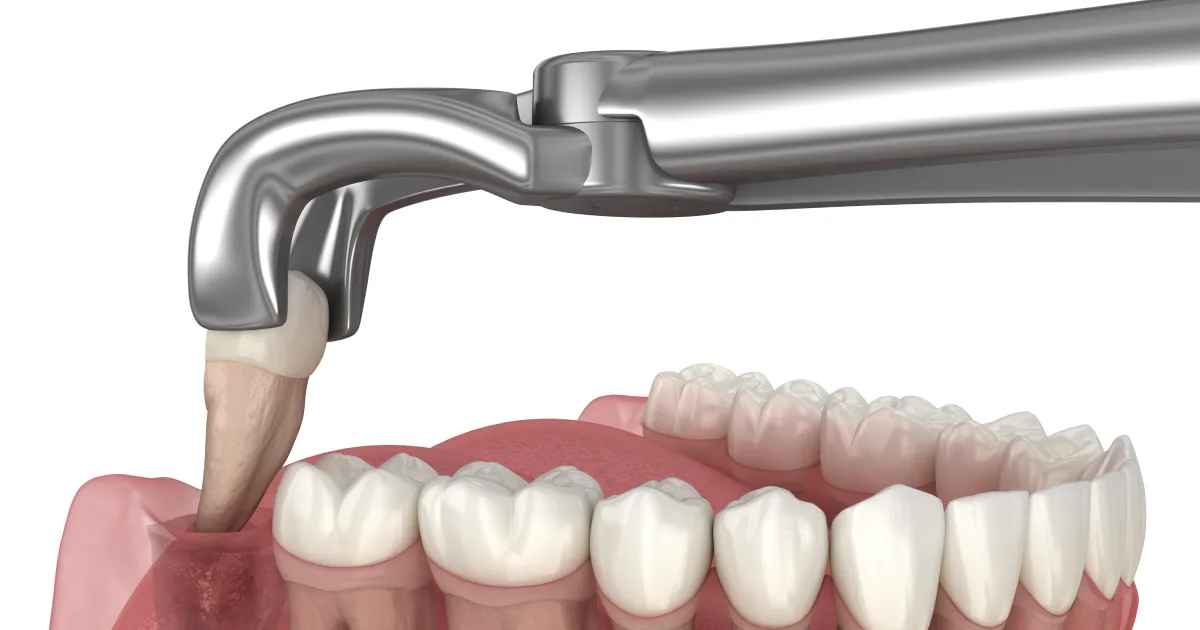Missing teeth can make your daily routines like eating and interacting challenging and can also affect your self-esteem. Dental implants offer a dependable and lifelong fix, allowing you to regain both functionality and confidence. If you’re considering this treatment, it’s helpful to know what to expect throughout the process. From the preliminary consultation to the final alterations, each step is carefully thought out to assure your comfort and the best possible outcome. Here’s what you should know.
Initial Consultation and Assessment
A new smile with dental implants begins with a comprehensive consultation and assessment. Your dentist will extensively inspect your mouth, possibly using X-rays and possibly 3D scans, to evaluate your oral health and bone structure. This will help determine if you are a good candidate for dental implants. Considerations such as the mass and volume of your jawbone, the gum vitality, and overall medical history are considered during this assessment.
During this consultation, your dentist will address your specific needs and expectations, providing a detailed overview of your treatment plan. This includes discussing various options for tooth replacement, such as single-tooth implants, multiple implants, or even full-arch replacements like “all-on-x” implants. The personalized treatment plan will outline the procedures, timeline, and any preparatory steps that may be needed, such as bone grafting if there is insufficient jawbone density.
Pre-Surgical Preparations
Proper preparation for the dental implant procedure is vital to ensure a smooth surgery and optimal outcomes. Below are detailed steps and considerations to help you get ready for your dental implant surgery:
Bone Grafting
If your jaw has insufficient bone density or volume, a bone graft may be necessary. This involves transplanting bone material to the jaw to create a solid implant foundation. Bone grafting can be done using natural bone from another part of your body or synthetic materials. This enhances the success rate of the implants by ensuring they are securely anchored in the jawbone.
Lifestyle Adjustments
Specific lifestyle changes may be recommended to improve the success of the dental implants:
- Smoking Cessation: Smoking can significantly hamper the healing process and raise the likelihood of implant failure. Patients are advised to quit smoking several weeks before the surgery and during the recovery period.
- Dietary Restrictions: Follow your dentist’s instructions regarding food and drink before the surgery. Typically, if sedation or general anesthesia will be used, you may need to fast after midnight on the day of the surgery.
Medications
Pre and post-operative medications may be prescribed by your dentist to protect against infection and alleviate pain. This may include:
- Antibiotics: To reduce the possibility of infection, you might need to take antibiotics a few days before the procedure.
- Antibacterial Mouthwash: Using an antibacterial mouthwash like chlorhexidine can help lessen the bacteria in your mouth before surgery.
Planning for Post-Surgery Care
Arrange for transportation to and from the surgery, mainly if sedation or general anesthesia is used. You will not be able to drive yourself home and will need someone to assist you after the procedure.
Dental Implant Procedure
The dental implant surgical procedure is divided into multiple stages, each designed to ensure successful placement and integration of the implants.
Phase 1: Implant Placement
- Anesthesia and Sedation:
- Local anesthesia or sedation is given to facilitate pain-free experiences.
- The type of anesthesia used will depend on your specific needs and preferences.
- Incision and Bone Preparation:
- The dentist creates incisions in the gums to gain access to the jawbone.
- Small holes are drilled into the bone at the precise locations for the implants.
- Placement of Titanium Posts:
- Titanium implant posts are inserted into the prepared holes in the jawbone.
- The posts serve as the artificial roots for the new teeth.
- Closing the Incisions:
- The gums are stitched up to cover the implant posts.
- A healing period follows, allowing the implants to integrate with the bone, a process known as osseointegration.
Phase 2: Abutment Placement
- Reopening the Gums:
- After the osseointegration period (typically several months), a minor surgery is performed to reopen the gums.
- This exposes the top of the implant posts.
- Attachment of Abutments:
- Abutments are attached to the titanium posts.
- These connectors will hold and support the crowns or bridges.
- Healing Period:
- The gums are closed around, but not over, the abutments, exposing them above the gumline.
- A short healing period (about two weeks) allows the gums to heal around the abutments.
Final Restoration
Once the gums heal around the abutments, the final stage of the dental implant process concerns placing the custom-made crowns or bridges. Impressions of your teeth are taken to create artificial teeth that match your natural teeth’ size, shape, and color. These impressions are used to fabricate crowns attached to the abutments, completing the restoration.
The final fitting involves ensuring that the crowns are securely attached and that your bite is properly aligned. This supports functionality and aesthetics of the dental implants. Once the crowns are in position, you will have a fully transformed smile that resembles and performs like natural teeth.
Benefits of Dental Implants
Dental implants give your teeth a natural aesthetics and feel, complementing seamlessly with your existing teeth. Unlike dentures, which can shift and result in discomfort, implants are fixed securely in the jaw, providing stability and confidence in your smile.
Functionally, dental implants restore your ability to chew and speak without difficulty. They help preserve the integrity of your jawbone by preventing bone loss that typically occurs with missing teeth. This preservation maintains the natural shape of your face and prevents the sunken appearance often associated with tooth loss.
Takeaway
Dental implants not only restore functionality and aesthetics but also improve overall oral health and quality of life. If you are considering dental implants, now is the perfect time to take the next step towards a healthier, more confident smile. We provide personalized care and advanced treatments tailored to your specific needs at 24th Street Dental. Contact us today to start your consultation; your new smile awaits!






